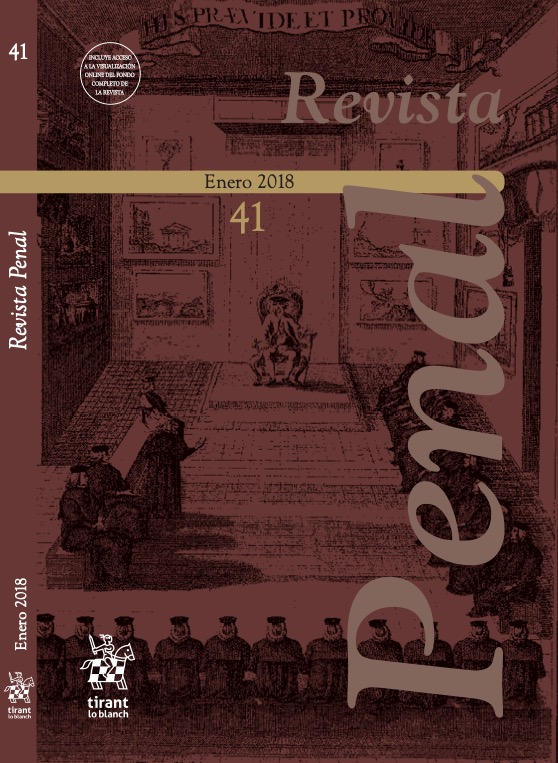Criminal Law, international obligations and transitional justice
DOI:
https://doi.org/10.36151/Keywords:
Transitional justice, duty to prosecute and punish, amnesty, alternative mechanisms, goals of criminal trial and punishmentAbstract
This article analyses the tensions created by the international duty to prosecute and punish international crimes and gross human rights violations in transitional contexts. The contribution firstly describes the sources, content and scope of this duty, by pointing out its current lack of definition and uniformity. Secondly, it analyses its impact both on the concept of Criminal Law and, especially, on transitional processes. It is argued that these extraordinary contexts call for a flexible interpretation of this duty, in order to better comply with the specific need of both massive criminality and transitional processes. Additionally, a flexible interpretation is the one that better fits in the goals of the criminal trial and the punishment within these scenarios. From this perspective, the article suggests some guidelines to grant and ground the compatibility between the duty to prosecute and punish and some transitional mechanisms (such as amnesties, pardons, selection and priority criteria, and so on) that imply a limitation in the application of Criminal Law (at one of its stages or all of them) but that can also become essential tools for transitional processes.



